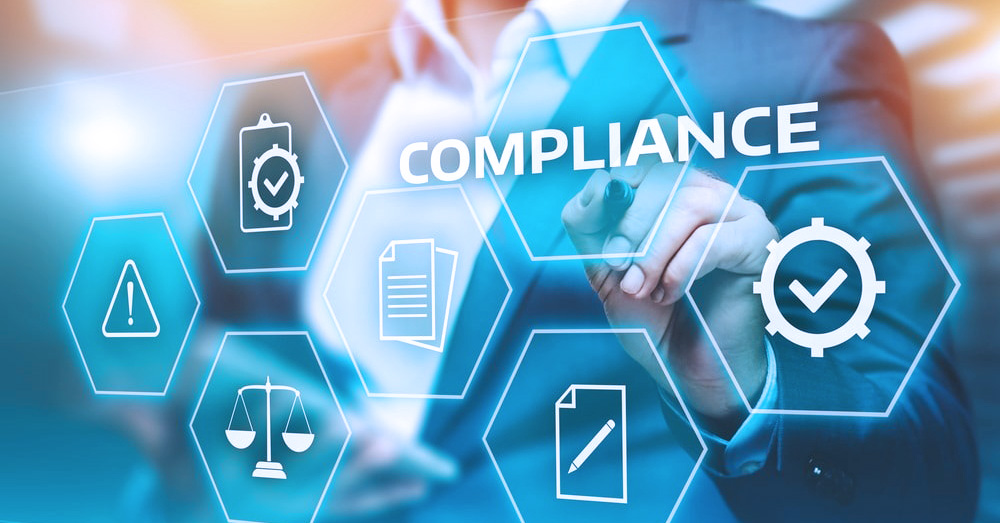



Cybersecurity is the practice of protecting critical systems and sensitive information from digital attacks.

Audits are pass/fail. Think of us as test preparation. We can help by conducting pre-audit cybersecurity assessments, implementing cybersecurity controls, and providing security engineering services to remediate any gaps.

Cybersecurity compliance means adhering to standards and regulatory requirements set forth by some agency, law or authority group. Organizations must achieve compliance by establishing risk-based controls that protect the confidentiality, integrity and availability (CIA) of information. The information must be protected, whether stored, processed, integrated or transferred.

Penetration testing identifies any area of risk that could impact the confidentiality, integrity, and availability of your sensitive information—before it gets attacked for real. We can then proactively address those vulnerabilities, so you can protect your business from potential problems.
The benefits of digital innovation come not without risks such as the loss of control over citizens’ personal data, distortions of the democratic life of nations due to fake news and cyber-attacks that threaten critical infrastructures. The pandemic has rapidly advanced a pre-existing digital transformation process with large-scale experiments in remote work and education, while amplifying cyber risks.

As part of the our mission, which aims to achieve results of scientific excellence and to produce an impact on society, the Center's mission is to make these techniques available to the largest number of organizations, including SMEs, which account for a substantial part of the EU economy but lack cybersecurity expertise. To this end, integrating automated cyber risk assessment support with trust management that will have the ability to produce operational suggestions to assist ICT solutions designers, developers and administrators in their daily activities is critical.
The key to reducing risks is the co-development of digital technology and cyber security to foster collaboration between the various stakeholders through a combination of IT risk management techniques (in order to develop highly innovative security solutions that will mitigate vulnerabilities and reduce the risk of attacks) as well as trust management techniques (to improve the interaction between people and technology).
It is argued that, in relation to cybersecurity, four values cluster can be discerned: security, privacy, fairness and accountability. A value conflict is understood as a situation in which it is not possible to fully realise or respect a range of relevant values simultaneously. Value conflicts are thus practical conflicts, as opposed to the values contradicting each other at a general or abstract level. Identifying value conflicts requires a consideration of the specific application or context. Moreover, whether values conflict depends on what is technically possible and what design choices have been made.